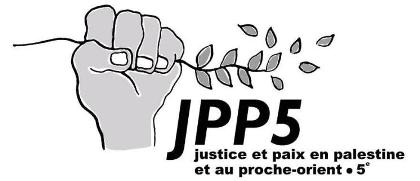1 avril 2017
6
01
/04
/avril
/2017
09:35
Soldiers take 13-yr-old from home in 'Azzun, abandon him 1.5 km away after dark



 At that point, an army jeep drew up and an officer got out. He told Hani that his son was being taken in for interrogation and would be returned when it was over. The officer, who took the father's identification card with him, did not say where he was taking the boy or when he would be returned. In testimony he gave to B'Tselem field researcher Abdulkarim Sadi on 26 Feb. 2017, Hani ‘Enayeh described what happened then:
At that point, an army jeep drew up and an officer got out. He told Hani that his son was being taken in for interrogation and would be returned when it was over. The officer, who took the father's identification card with him, did not say where he was taking the boy or when he would be returned. In testimony he gave to B'Tselem field researcher Abdulkarim Sadi on 26 Feb. 2017, Hani ‘Enayeh described what happened then: 



